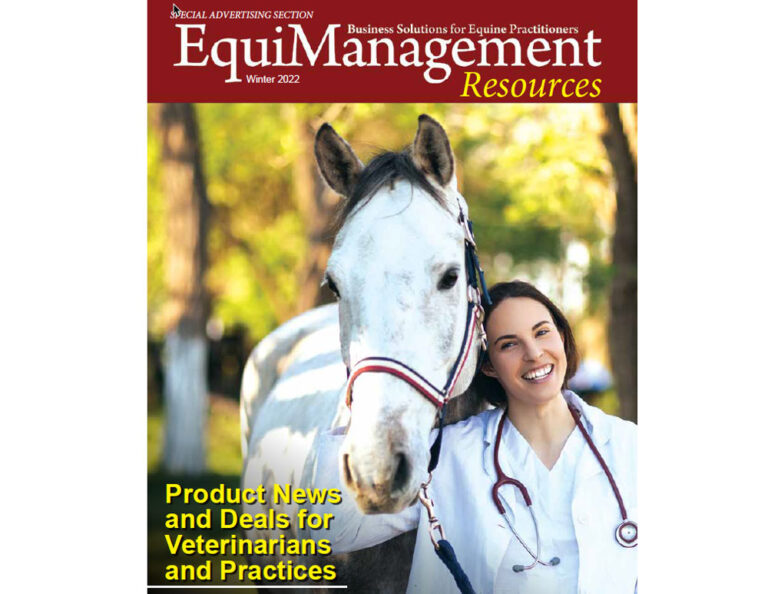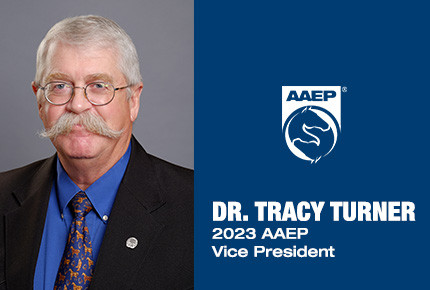
As a follow-up to the March 11 report of a confirmed neurologic equine herpesvirus case from the Kentucky State Veterinarian, the following was provided on Friday morning, March 12.
Index Case Update: Following a period of stability, the index case (a 3-year-old Thoroughbred filly in Woodford County), rapidly deteriorated and was euthanized.
Testing Results
Results of the PCR testing conducted on samples collected Thursday, March 11, from horses exposed to that index case were reported Thursday evening and did identify five additional EHV-1 positive horses (neuropathogenic strain). Two of the horses had been previously moved to the separate isolation barn, and Kentucky officials relocated the additional three positive horses to isolation last night (March 11) as well.
With the five additional positive horses, our population of potentially exposed horses grew and samples are being collected and submitted from each of those 25 horses later this afternoon with results expected to be available over the weekend.
We appreciate the commitment, effort and resources Blackwood Stable’s management, horse owners, horsemen and attending veterinarians have provided.
Biosecurity and health monitoring protocols that include temping horses multiple times daily have and will continue to be practiced by horsemen at Blackwood. These same procedures and protocols have been adopted and are routinely practiced by other training venues as well.
State Animal Health Officials and attending veterinary practitioners are working together and following up with testing of any horse suggesting evidence of an infectious condition. These combined efforts have helped us identify affected horses, thus better enabling us to mitigate further transmission and aide our ability to ensure we have safe and healthy environments for our horses and horsemen to continue normal operations within the Commonwealth.
Other Guidance
Clearly, with the multiple ongoing EHV-1 events involving multiple breeds, disciplines and venues, farms accepting new arrivals are to be reminded the importance of knowing the environment and status of where the horse arriving their farm originated and implementing needed husbandry practices that should include isolation, observation and assessment of the horse to insure healthy horses are introduced to your herd.
While our investigation of the Kentucky event—as well as monitoring of disease events in other states—continues, Kentucky State Veterinarian Dr. Katie Flynn and Rusty Ford, Equine Operations Consultant, will be providing further updates as information becomes available.
Turfway Park Precautionary Measures
In addition to the affected premises, precautionary measures have been implemented at Turfway Park (live Kentucky Thoroughbred race meet), with all horses shipping in to race being required to stable in the receiving barn unless the trainer has permanently assigned stalls at Turfway.
In addition to adjustment of stabling, biosecurity protocols have been elevated. The Kentucky State Veterinarian’s office has personnel on site examining health documents and coordinating efforts with the Kentucky Horse Racing Commission’s staff.
Updates will be provided as information is learned.
Information from the Kentucky Office of the State Veterinarian was provided by Rusty Ford, Equine Operations Consultant.








